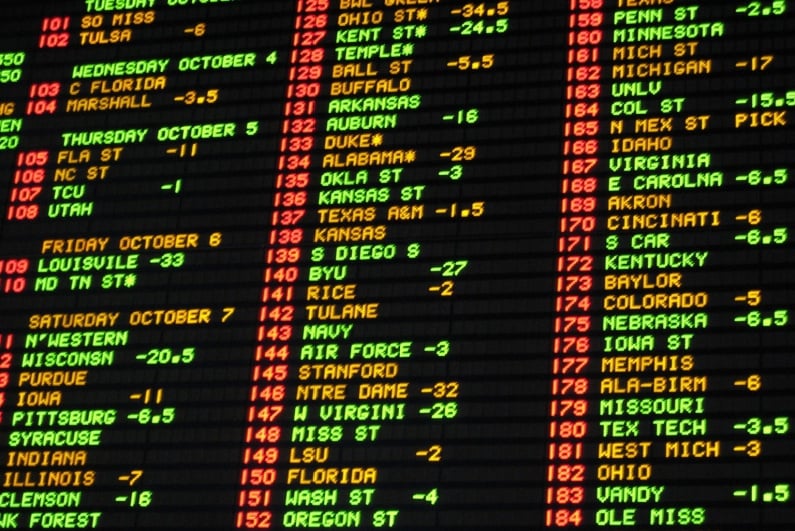Update: Chris Moneymaker has teamed up with Americas Cardroom, joining the US online poker site as ACR Team Pro. The announcement came on February 3.
Together since 2003
Professional poker player Chris Moneymaker has decided to end a 17-year partnership with PokerStars, stepping down as brand ambassador for the company. PokerStars has sponsored Moneymaker since he won the World Series of Poker (WSOP) Main Event as an amateur in 2003.
Among his reasons for leaving PokerStars, Moneymaker said he wanted to “be at home more” and “play a little bit less poker.” He thanked the online poker operator and briefly explained the reasoning behind his “interesting decision” in a video posted to Twitter:
In response, PokerStars, owned by Flutter Entertainment, bid the professional poker player farewell and thanked him for his work as an ambassador. A company’s Twitter post read: “Without you, who knows where we would all be today, we can’t thank you enough.”
The Moneymaker Effect
Working full-time as an accountant, Moneymaker won his entry to the 2003 WSOP Main Event through an $86 satellite tournament. He went on to defeat scores of professional players – including Sammy Farha heads-up – and earn the event’s top prize of $2.5m. After his victory, PokerStars offered Moneymaker a sponsorship deal through which he played live tournaments across the world.
the perfect thing, at the perfect moment – the perfect storm”
At a time when online poker was in its infancy, Moneymaker’s amateur status and substantial, televised cash win contributed to a rise in the game’s popularity, a phenomenon dubbed the “Moneymaker Effect.” Paying tribute to Moneymaker in video produced by Stars, professional poker player and PokerStars ambassador Lex Veldhuis described his 2003 win as “the perfect thing, at the perfect moment – the perfect storm”:
From 2003 to 2006, poker event attendance saw substantial growth. According to PokerStars’ own data, 30 players qualified for the World Series on Stars in 2003. A year later, that number increased more than ten times to 316. In 2006, it was up to 1,593, with 8,773 players involved in that year’s Main Event. 2003’s total attendance was just 839.
Profitable lockdowns for poker
Since the passage of the Unlawful Internet Gambling Enforcement Act (UIGEA) in 2006, poker has struggled to reach the popularity it experienced during the Moneymaker years, particularly in the United States. Black Friday in 2011 impeded progress even further, when authorities shut down PokerStars, Full Tilt Poker, Absolute Poker, and UltimateBet in the US for transgressing the UIGEA, charging 11 principals of the company with multiple crimes such as bank fraud and money laundering.
PokerStars contributed to a 40% year-on-year increase in Flutter Entertainment’s gaming revenue
That said, online poker saw substantial growth during periods of COVID-19 forced lockdowns in 2020. For the first six months of the year, PokerStars contributed to a 40% year-on-year increase in Flutter Entertainment’s gaming revenue. Flutter said the key driver had been an “uplift in recreational customer numbers across the Group’s online poker and gaming platforms.” In Q2, PokerStars’ average daily gaming customers increased by 70%.
Similarly, during lockdowns in April, 888 Holdings reported a 60% increase in US traffic for its poker brand 888poker, which powers WSOP.com in Nevada and New Jersey and the three racetrack-based sites in Delaware. Total H1 poker revenue was up 56% from 2019 levels, leading casino at 48% and sports betting revenue at 2%.




